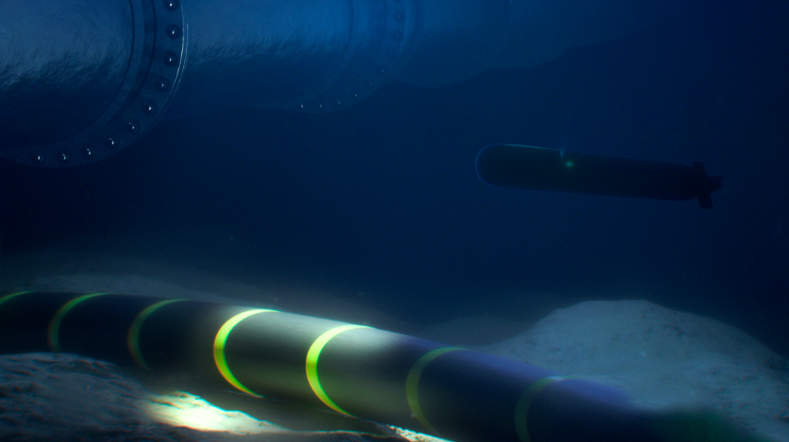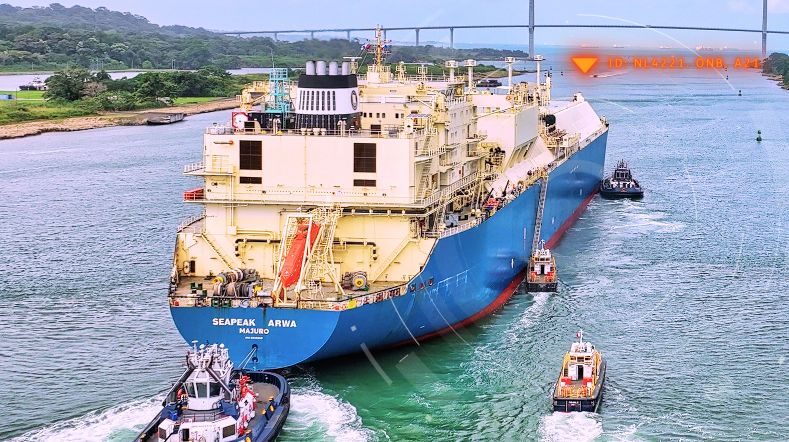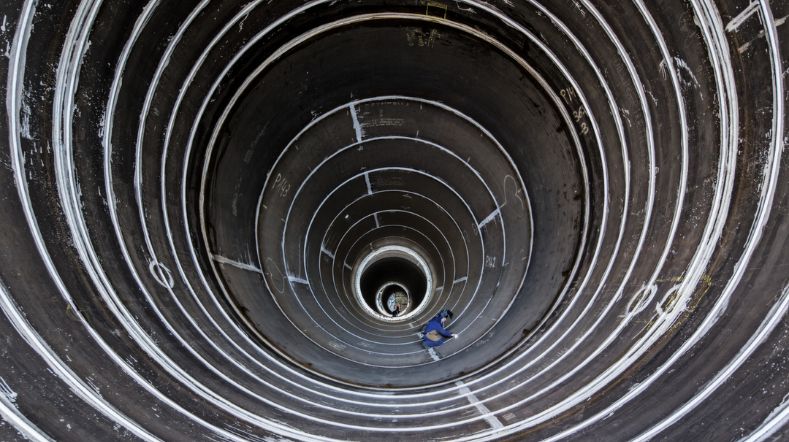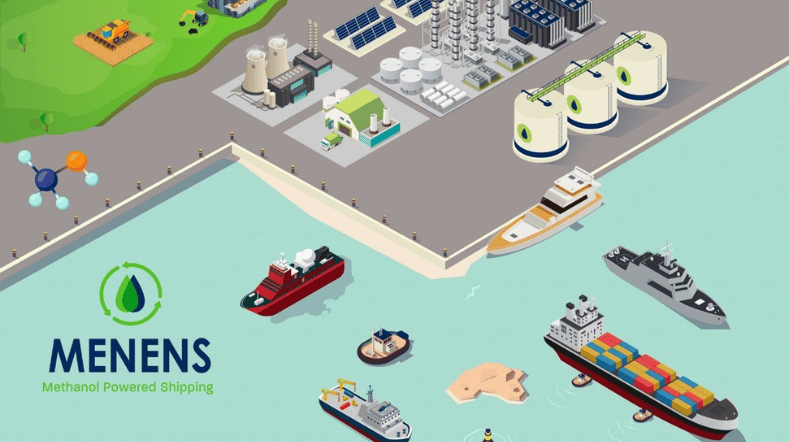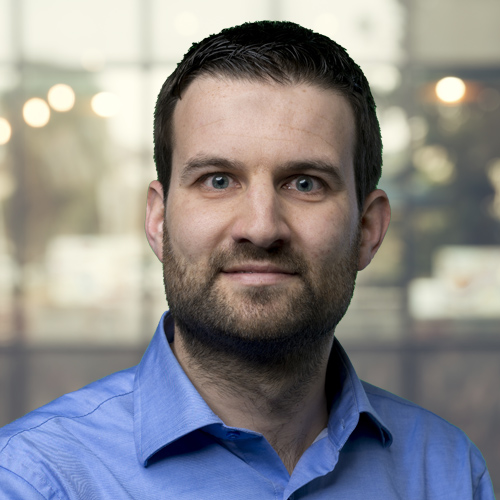Safe and sustainable maritime and offshore
The transition towards net zero emission maritime and offshore operation requires disruptive innovations and alternative designs that go beyond existing rules and state of the art. Towards this end, TNO supports the industry to develop safe, efficient, and sustainable solutions. This includes innovations in the construction and maintenance of offshore wind turbines, development of floating solar platforms and solutions for safe and efficient use of alternative fuels, such as hydrogen and methanol.

Why TNO
Our unique contribution is providing an integrated approach combining numerical models with validation in the lab and in the field. Our expertise includes structural behaviour, lifetime of systems and assets, powertrain development and emissions monitoring.
Multi-domain expertise
The TNO multi-domain expertise stretches from materials and structures, process optimization, power management, emission monitoring and digitalization. Internally, there is a close collaboration between experts working in domains like mobility, construction, energy/materials transition, defence and safety/ security. This enables TNO to incorporate state-of-the-art knowledge on sensoring, structural reliability, emission modelling, digitalization, probabilistics, security and powertrains into maritime and offshore.
Facilities
Lab facilities typically applied for maritime and offshore studies comprise of the Delft Building Innovation Lab and the Structural Dynamics lab for testing of steel and composite components (fatigue, ultimate limit state, corrosion, shock, vibrations, flexibility) and systems in realistic environments. In the facilities of TNO Ypenburg, we test materials and components in cryogenic, high-pressure environments for application of hydrogen.
At the Innovation Centre for Sustainable Powertrains we test fuel cells, batteries and non-fossile fuels such as hydrogen, methanol and ammonia for conversion or retrofit of existing combustion engines. Finally TNO also has testing facilities for measuring emissions in realistic and extreme environments as well as the development of aftertreatment strategies.
Collaboration
To create the most valuable impact TNO works closely with academia, i.e. TU Delft, TU Eindhoven and knowledge institutes, i.e. MARIN, Deltares, for bridging fundamental knowledge to practice in multi-partner national and international projects. This enables us for example to provide proof to the certification process of components and structures, as well as applicable knowledge for design, operation and maintenance.
Our latest developments
Wind energy webinars

The transition to sustainable shipping
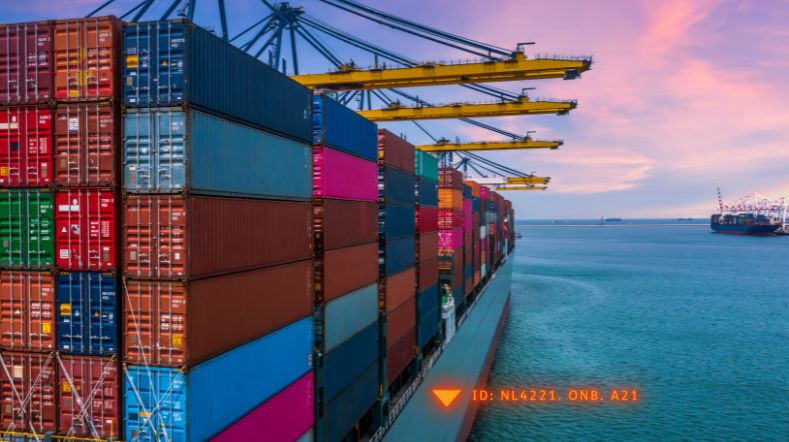

Ship materials and structures

Naval and Offshore Structures

TNO develops detection system to protect cables and pipelines on seabed
